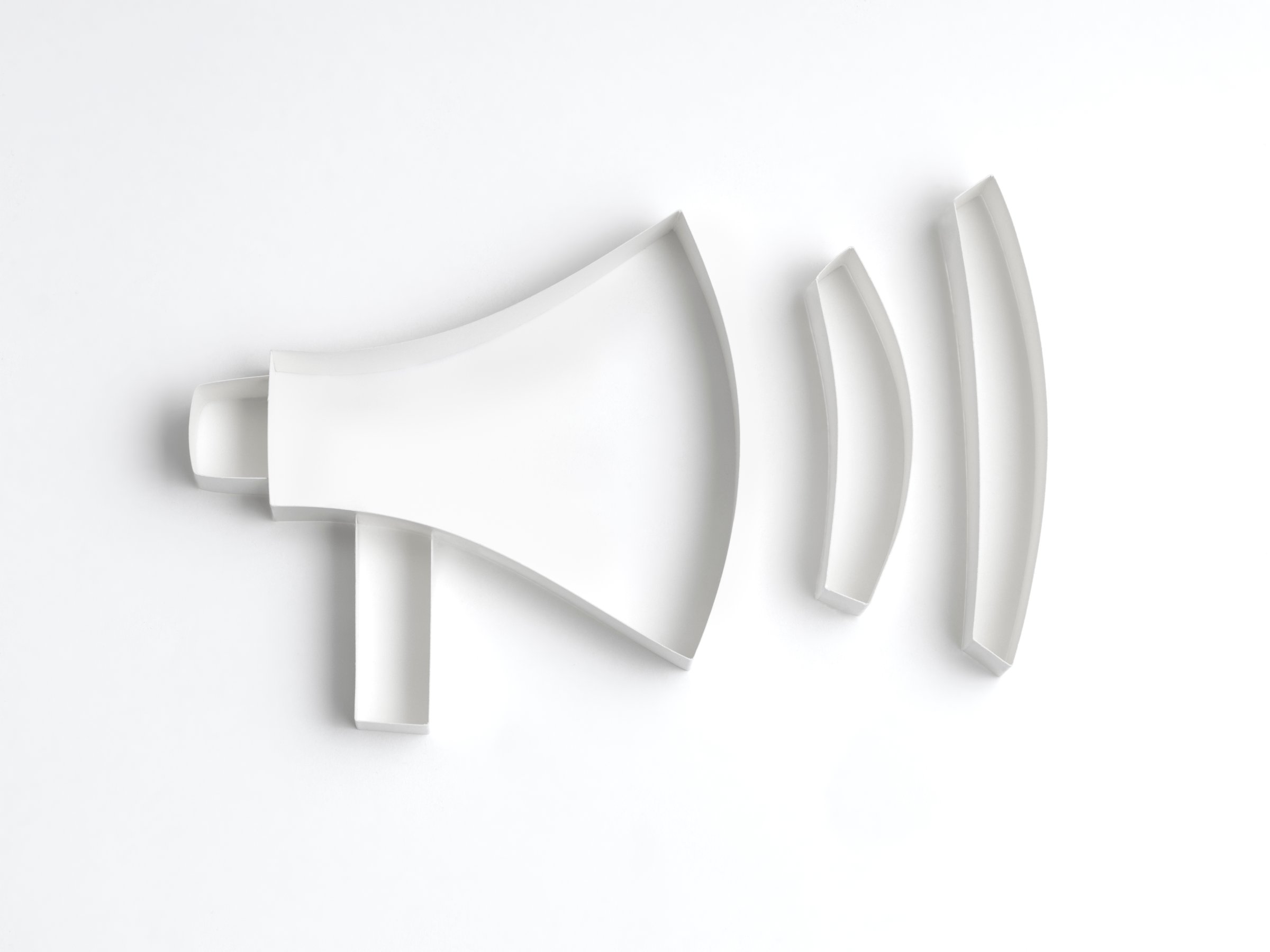
Last month, I spent time with Syrian women and girls at two refugee camps in Jordan where I saw firsthand the importance of being heard. In one activity, we asked them to come to the front of the room and tell us what they wanted for themselves, and I saw that hearing their own voices being listened to made a “light switch” difference. When we began to ask these girls questions, they seemed immediately engaged, even excited—like they mattered in that moment (which they did!).
We also asked these young women, who have endured terrible misery, to think of what makes a strong woman. Then we passed around art supplies and journals and asked them to draw their idea of what a strong woman looks like. One girl drew a cactus because a cactus will make it through the hard times without affecting them. One girl drew a single woman standing because she wants to be independent. One drew a tree, saying they are strong but always giving. By the time the exercise was completed, most in the room had realized that they already have the very traits they had drawn and described.
Our visit to the Za’atari refugee camp and my trips around the U.S. talking to young women remind me that active listening makes a true difference in the lives of girls everywhere — that keeping the mind alive keeps the spirit alive. When given the needed tools to break down the old routines, mental and physical, people can step out of of survival mode. That kind of experience isn’t limited to the girls we visited; that kind of change belongs to anybody.
To build the next generation of leaders, we need to be interested in people and hear what they have to say. Not only the young women near and dear to us. Not only the ones who live in the same structures or dress the same way we do. All of them. Instead of always talking to young women, we would be so much better off by engaging them in conversations. Instead of telling them what to do, we would be better off by guiding those future leaders toward participating in life and becoming active in causes they care about.
We need to ask them more than what they want to be when they grow up. We need to ask them about who they are, what they’re interested in, what makes them feel alive, what makes them feel more curious, what kind of injustices they’re willing to stand against.
Meredith Walker serves as executive director and cofounder of Amy Poehler’s Smart Girls. She also speaks at conferences and workshops nationwide.
More Must-Reads from TIME
- Donald Trump Is TIME's 2024 Person of the Year
- Why We Chose Trump as Person of the Year
- Is Intermittent Fasting Good or Bad for You?
- The 100 Must-Read Books of 2024
- The 20 Best Christmas TV Episodes
- Column: If Optimism Feels Ridiculous Now, Try Hope
- The Future of Climate Action Is Trade Policy
- Merle Bombardieri Is Helping People Make the Baby Decision
Contact us at letters@time.com